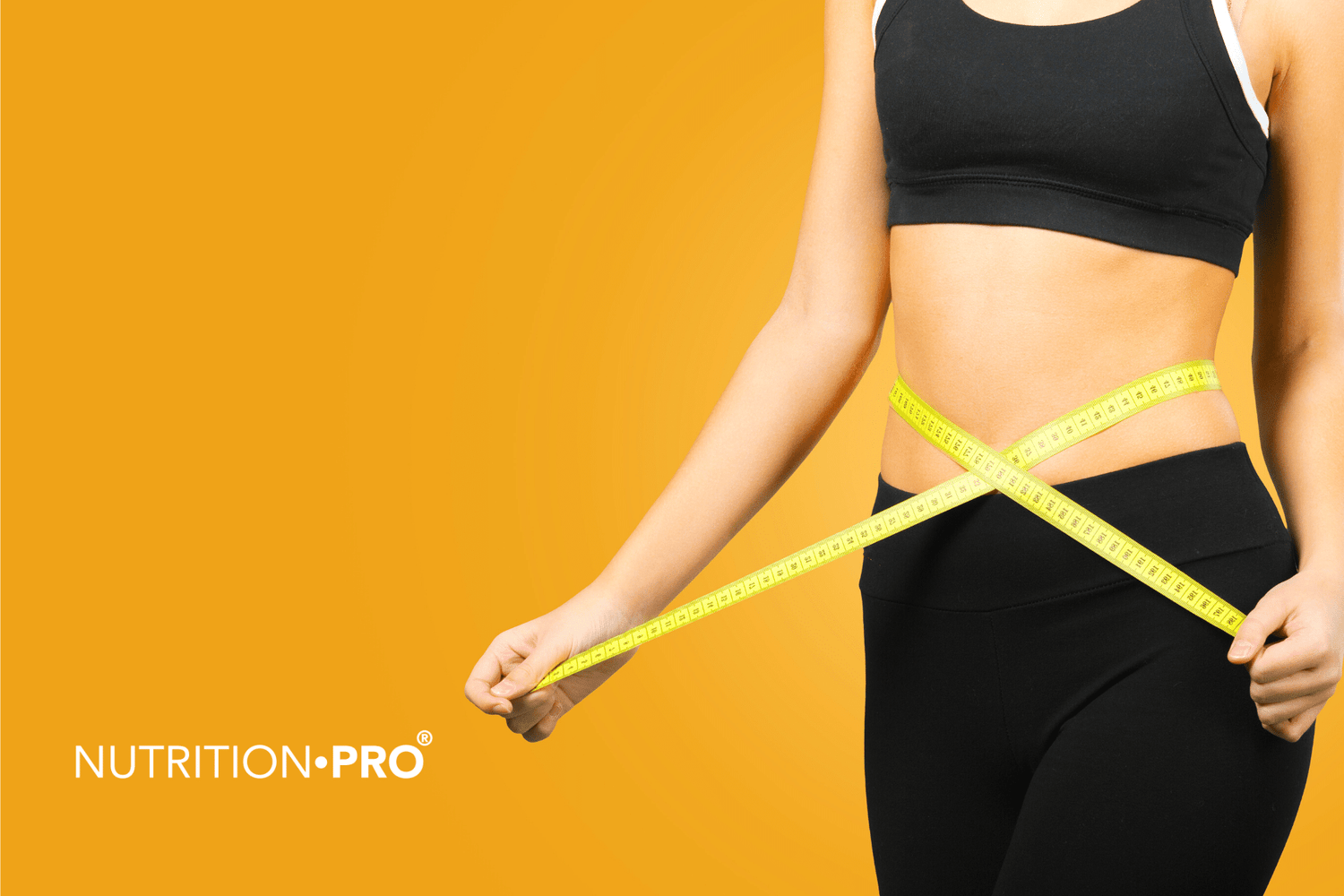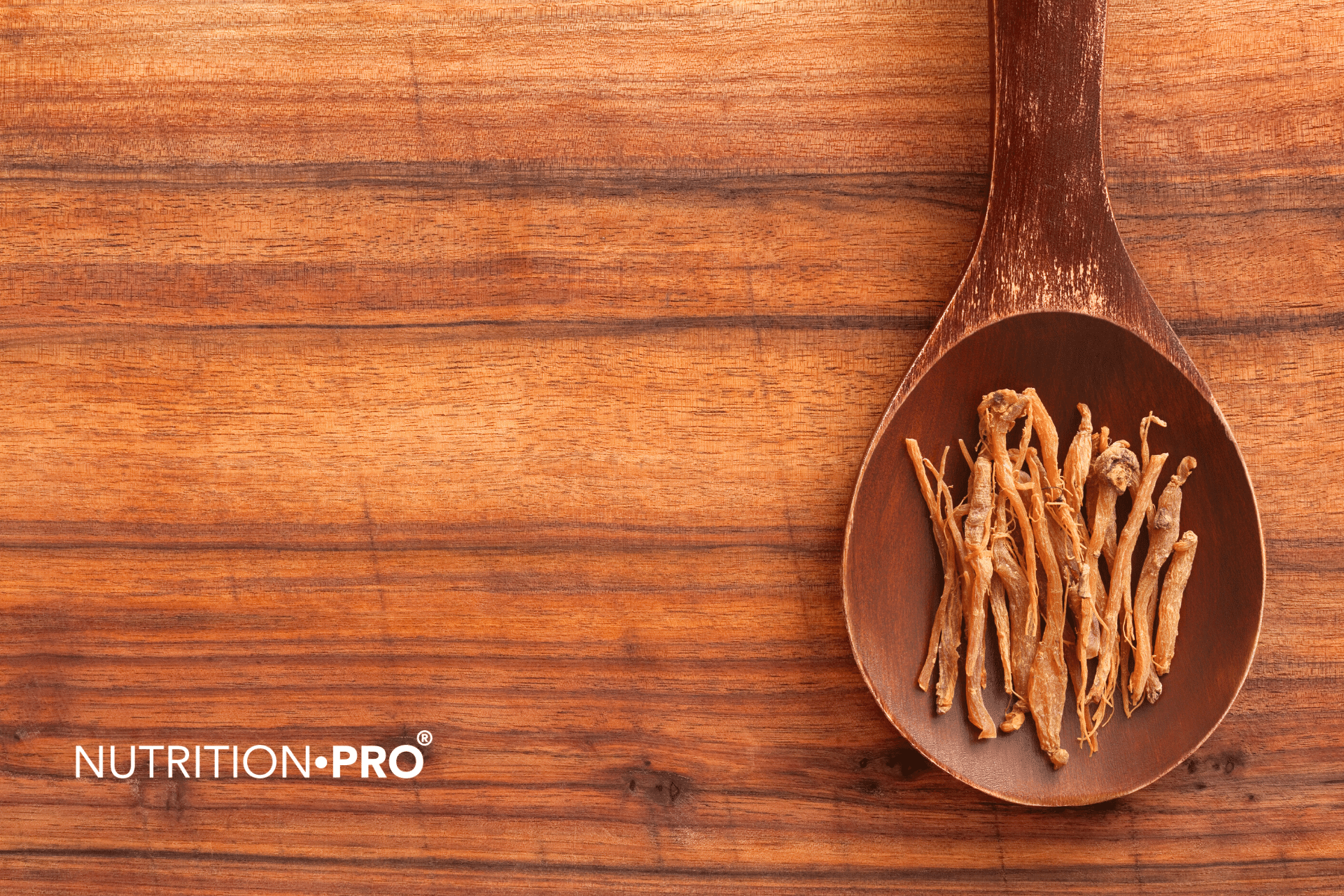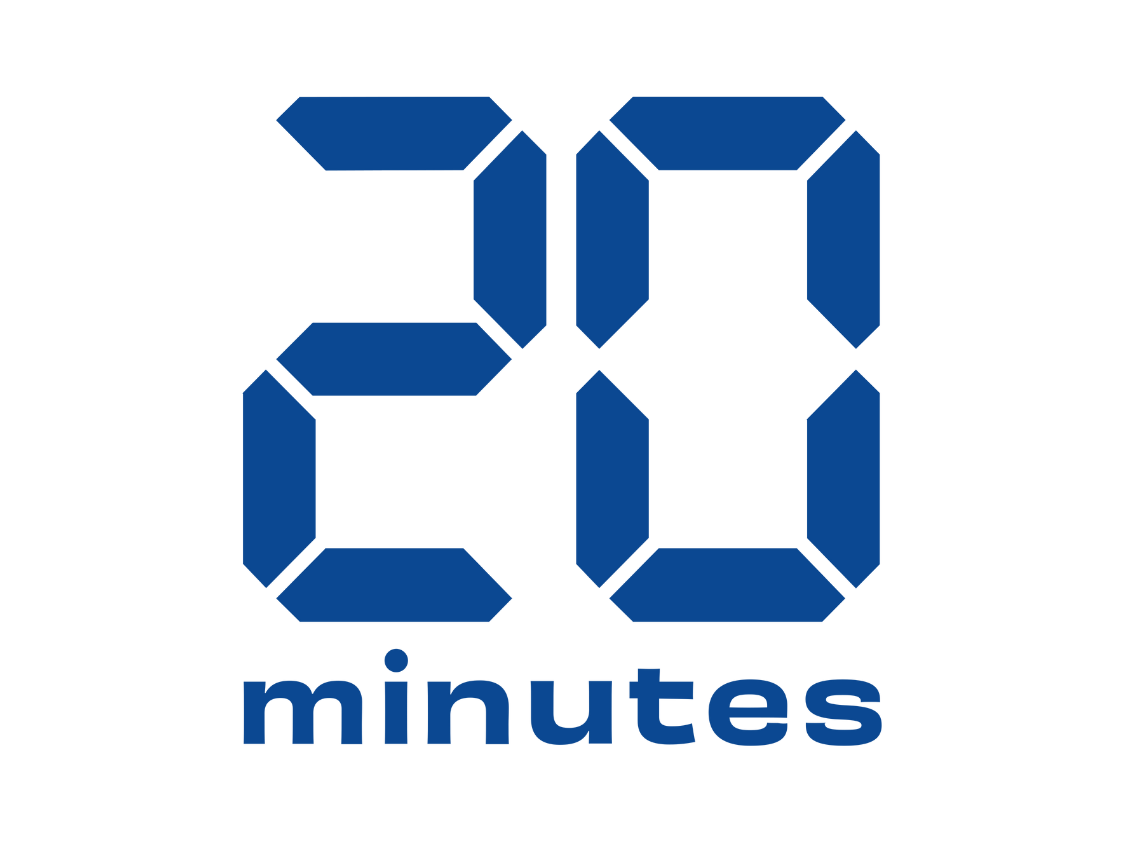Do you want to learn how to lose weight without being hungry all the time? Well, you've come to the right place. Below are the best evidence-based strategies to help you lose a few pounds as easily as possible.

Discover Pure Konjac, a natural appetite suppressant in click here
Why am I always hungry?
When it comes to hunger, it's an inevitable part of cutting your calories. But there is a difference between feel hungry and be just a little hungry.
If your hunger level reaches a level of severe discomfort and a constant obsession with food, you may not be eating enough. Yes, eating less is the most effective way to lose weight , but not eating enough is not only uncomfortable, but may not help you lose more body fat in the long run.
Very low calorie diets often require drastic measures and do not establish habits that set you up for success after losing weight. Not to mention that crash dieting can negatively affect your mood, energy levels, overall nutrient intake, and can cause you to lose more muscle mass .
Starving yourself is not the answer. Weight loss takes time and patience, just trust the process. If you do it the right way, the results will come. And often, slower, longer lasting progress is more likely to last and may be less painful overall.
Instead of cutting as many calories as possible, focus on the following:
- Eat the right amount of calories for you. Find the sweet spot (about 15-20% calorie deficit) to promote steady weight loss.
- Pay attention to how you feel. If you're constantly thinking about food or feeling uncomfortably hungry, you may be cutting too few calories. And if you feel stuffed all the time, you may be eating too much.
How to Control Hunger to Lose Weight
While cutting calories can help you lose weight fast , there are additional steps you can take to make your efforts a little more bearable and improve your chances of success. Lasting, healthy weight loss is best achieved through small changes in diet and lifestyle. And learning which changes can have the most impact for you is essential.
We've looked at the research and what works best for many people and compiled these 12 simple steps to losing weight fast and keeping it off:
Tip #1: Keep a food diary
Regardless of the type of diet you choose to track, tracking your daily food intake is one of the best ways to make sure you're meeting your calorie and macro goals. In study , participants who recorded their food intake lost twice as much weight as those who did not. And additional studies continue to find a link between self-monitoring your diet and weight loss .
Tracking your calories is also the easiest way to keep yourself accountable and confirm to you on a daily basis that you are sticking to your diet. It's also one of the best ways to see where you can consider making changes.
Most people fail to lose weight because they aren't consistent. They underestimate their intake, measure their portion sizes incorrectly, only track certain days of the week, or simply don't track at all. The calorie equation isn't a perfect model, but it's pretty close.
So do your best to track as accurately and often as possible, especially if you're just starting out.
Calories vs. Macros
You can also choose to track macros instead of just calories - after all, macros are really just your calories organized into carbohydrates, fats, and proteins. This approach can help you get a head start on overall dietary balance while maintaining calorie control.
Tip #2: Eat a healthy breakfast
How often you eat or when you eat is probably not as important a factor in determining weight loss as how much you eat in general, but eating more calories earlier in the day can help reduce appetite and improve your energy level .
In other words, eating breakfast could help you lose more weight by reducing your hunger throughout the day. Many studies have linked breakfast to better daily calorie control . Especially when it comes to high protein breakfasts . It's no wonder so many people still claim that breakfast is the most important meal of the day.
But what if you're not hungry in the morning?
If you're not the type to eat breakfast, don't feel the need to force yourself to eat.
To determine whether or not you should have breakfast, consider the following:
- Eat when you are hungry , even if it takes a few hours after waking up.
- If you train early in the morning, a light snack can get you started, followed by a quality breakfast to recover.
- Pay attention to your appetite throughout the day. If you feel increased hunger from skipping meals, try eating smaller meals more often. And if you're having trouble controlling your calories, try eating less often or limiting your calories to a certain window of time.
Tip #3: Get more protein every day
Concerning the foods that promote weight loss , low protein stacks together with protein rich in nutrients. Protein has not only been linked to better appetite control in several studies, but it may also have additional benefits for weight loss. :
- The proteins are more thermogenic than any other macro, which means eating more protein can help you burn a few more calories just by digesting your food .
- Protein helps build, repair and protect your muscles. And maintaining lean muscle mass while cutting calories means most of the weight you lose will be body fat. Not to mention that muscle is more metabolic than fat and gives you that lean, toned look that most people are looking for.
- Protein is also the least likely macro to be stored as body fat in a calorie surplus . This means that when you cheat or overeating , getting more calories from protein can help reduce body fat gain and support muscle gain instead.
So, how much protein should you eat exactly ?
Dietary guidelines suggest that protein intake should be 10-35% of your daily calories. But this is a fairly wide range and the amount you need is closely related to your amount of lean muscle mass and your overall muscle use. While cutting calories, research suggests that eating 1.04 to 1.4 grams of protein per pound of muscle is necessary to maintain lean body mass .
When looking at macro percentage, popular high protein diets recommend that around 30-40% of calories come from protein and this amount may not be too far off. In one study, consuming 30% of calories from protein caused participants to eat almost 450 fewer calories per day, resulting in twelve pounds of weight loss in 3 months . Some research has even suggested that 25% of your calories from protein can help curb cravings .
Tip #4: Load up on low-carb veggies
Calorie control can be key to losing a few pounds, but your body doesn't just run on calories - you need good nutrition too (aka micronutrients ) to function properly.
When your diet lacks essential nutrients, it signals your brain to keep your hunger cues going, so you should keep eating until you get the amounts you need. Eating nutrient-dense foods can help you meet this need much sooner.
Perhaps that's why eating more nutrient-dense foods is thought to help better manage your appetite . And the most nutrient-dense foods you can find come from non-starchy vegetables — basically any vegetable except peas, corn, and potatoes.
Vegetables tend to be nutrient dense and very low in calories, giving you more value per bite. And because they're so low in calories, filling up on veggies can help you stay full and cut calories without having to sacrifice portion size.
Tip #5: Stock up on fiber-rich foods
Research also indicates that it is necessary eat more fiber to lose weight .
Certain types of fiber (soluble fiber) are digested more slowly and draw water into your gut, which can help you feel full longer. And other types of insoluble fiber can't be broken down or absorbed by the body as a source of calories - it can also help keep your digestive system moving, as it tends to be expelled.
To keep your hunger at bay and your intestines strong, try to eat at least 30 grams of fiber a day.
And opt for whole food sources over supplements or added fiber ingredients. Research on added fiber for weight loss is not as compelling as fiber from food .
And of course, fiber-rich foods also tend to be high in important nutrients. The main sources of fiber in the diet are plant-based foods, such as fruits, vegetables, beans, nuts, seeds, and whole grains.
Tip #6: Eat less added sugar and empty calories
Excluding bad foods from your diet can also make it easier to cut calories without having to be hungry all the time.
Empty calorie foods contain little or no nutritional value and tend to be higher in calories – essentially the opposite of nutrient dense foods. Identifying and eliminating empty calories from your diet is a great approach to weight management because it can allow you to create a calorie deficit without sacrificing the nutrition your body needs.
Added sugar tops the list for many as one of the best sources of empty calories to avoid when trying to lose weight . Refined grains, like added sugar and white bread, are absorbed faster than starchy foods and fiber-rich carbs - this can affect your appetite and energy levels, making you feel hungry again sooner .
Other common sources of empty calories include:
- Carbonated and sugary drinks
- Candy
- Fries
- Desserts high in sugar and calories
- pastries
- Aperitif cookies
- cold cuts
- Processed oils and added butter
Tip #7: Drink more water
Before having a bite to eat, try drinking a glass of water first.
Although drinking water may not necessarily help you lose weight, drinking more water removes empty calories from your diet and can also help you feel more satisfied.
Water contains zero calories and is an easy way to fill your stomach while keeping you well hydrated. In fact, drinking a glass of water 30 minutes before you eat might help reduce your calorie intake .
In one study, those who drank 2 glasses of water before their meals lost 44% more weight in three months, compared to those who didn't.
Additionally, hunger can be a sign of early dehydration, as it forces your body to use stored energy faster. In other words, if you're mildly dehydrated and hungry, drinking water may help quell your appetite .
How much water should you drink a day to feel full?
You can get fluids from food and drink, not just water. So the best indicator of how much water you need might just be your thirst .
But if you're looking to add a little more structure than that, drink a glass of water before each meal and see if it helps you feel full longer.
Tip #8: Eat Slower and Practice Mindfulness
Eating slower can help you control your calories better and eat more mindfully! Research suggests that those who take longer to eat—30 minutes versus 5 minutes—may reduce feelings of hunger and increase feelings of fullness , independent of calorie intake and hormonal responses to food .
Slow down. Put the fork down between bites. Take your time to taste your food and enjoy it. This will not only help you to be more attentive to what you put in your mouth, but will also give you the opportunity to better know your signals of hunger and satiety.
Tip #9: Learn how to prepare your meals
Systematize your eating by establishing a pattern or eating routine with meal prep . Research suggests this may be the key to managing calorie control .
Planning ahead and preparing some or all of your meals ahead of time can be a lifesaver when it comes to following your diet. There's nothing worse than being hungry and not having something healthy to eat.
As hunger sets in and timing gets tight, it can be extremely difficult to make healthy decisions.
Meal prep ensures you have options that fit your diet when you need them. It can also help you save time and stress if you prepare most of your meals in advance. Clearly, research continues to suggest that meal planning is linked to better nutrition and greater weight loss.
Not interested in cooking or preparing your meals? How about a pre- prepared weight loss meal plan for each week of the month?
Tip #10: Get enough sleep
Being tired, grumpy, and hungry tend to go hand in hand. When you don't get enough sleep, your body doesn't function as well as it normally would, which could cause you to store more fat and crave unhealthy foods .
Additionally, being sleep deprived often means you move slower and engage in less physical activity throughout the day, causing you to burn fewer calories than when fully energized.
If you think trying to catch up on sleep over the weekend will counter the lack of sleep you've had all week, think again! Daily rest is essential and you need a good amount of sleep every night.
Make your rest a priority. Cut out distractions, like your TV, phone, or pets, and find a dark, quiet place to lie down. Use earplugs or sleep masks if necessary. Your body and mind will thank you.
Tip #11: Manage your stress
Stress not only affects your mood, but can also impact certain hormones associated with appetite and can also cause an increased desire to eat in general .
High stress levels are thought to decrease peptide YY (PYY), a hormone that signals satiety . Stress has also been associated with increases in the cortisol hormone. And cortisol can increase food cravings and feelings of hunger in some people .
If stress is holding back your weight loss efforts, try yoga! Or learn to meditate. Research suggests that yoga is positively associated with decreased stress, increased fat loss, and improved mood . The practice of yoga centers on controlling your breath and how you react to the world around you, helping you channel your stress in a more positive way.
Tip 12: Ditch the alcohol, at least for a while
Alcohol can provide a major source of empty calories in the diet, and it can be easy to overdo it. Additionally, drinking alcohol temporarily halts your metabolism and fat loss potential and can affect cravings and hunger.
Alcohol is a toxin and your body will prioritize metabolizing this toxin over anything else. So if you drink, you alter the way your body metabolizes food and other macros – potentially shifting the balance toward increased fat storage . For most, it takes about an hour to metabolize an alcoholic beverage.
Drinking too much can also temporarily lower your blood sugar, which can make you hungrier later that night and even the next day – which is exactly why you start craving high-calorie foods after a night out on the town!
Even more tips to stop cravings
Still need more weight loss tips? Here are a few things you can try when hunger strikes:
- Drink sparkling water
- Chew gum or use mints
- Drink coffee or tea without sugar
- Make sure you don't cut healthy fats too much
- stay busy
- Eat a small amount of dark chocolate
Keep your hunger and nutrition in check with tasty macro-balanced meals designed for weight loss. Choose your plan and we'll cook and ship you a new menu every week.















